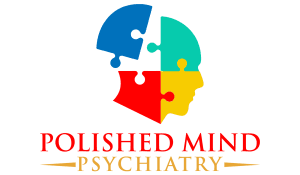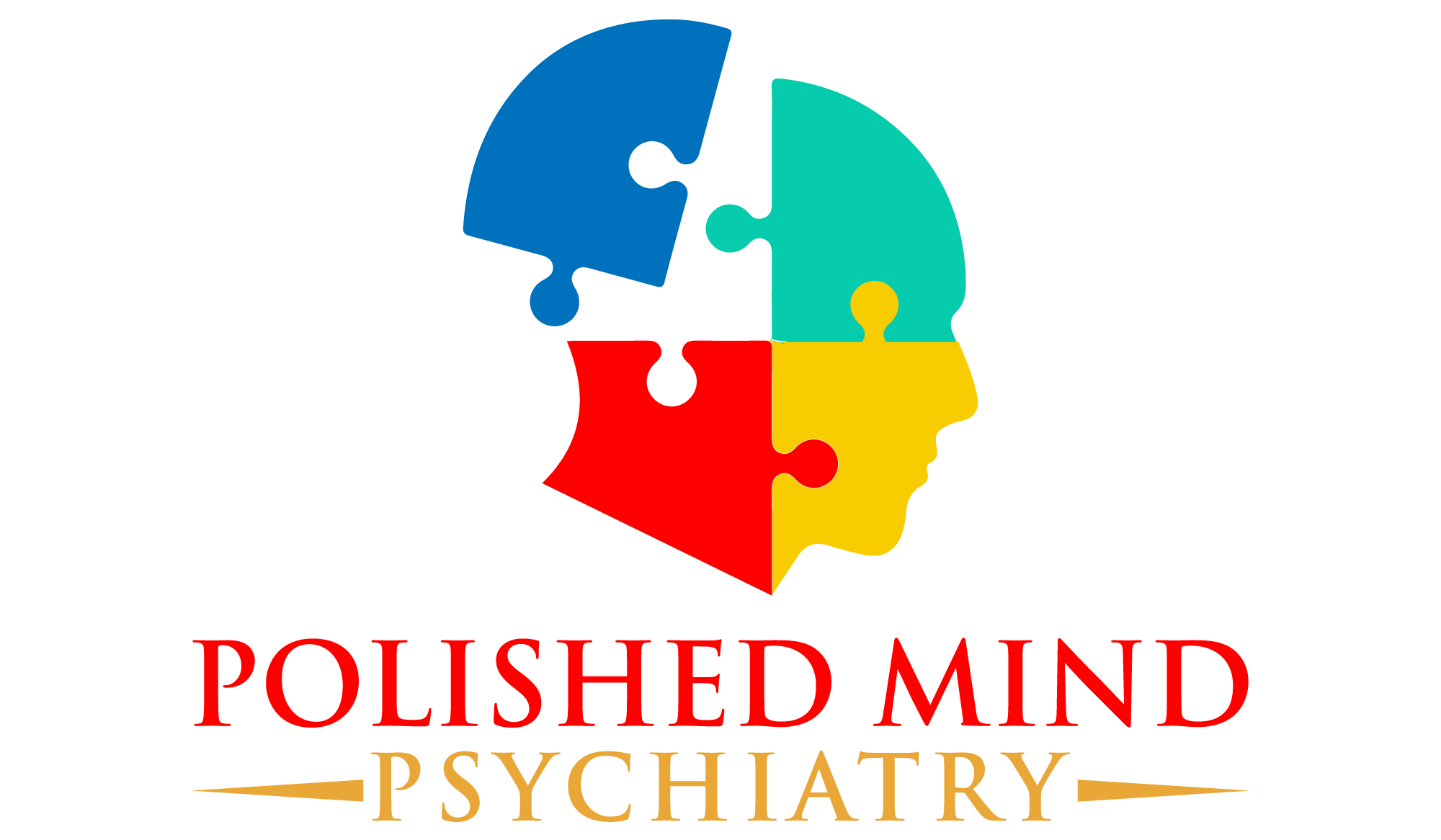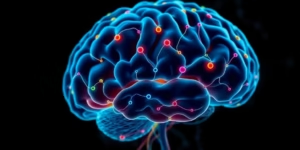Dealing with Vanderbilt ADHD can feel like a lot, but you’re not alone. Many people experience challenges related to this condition, and there are ways to get help. This article talks about what Vanderbilt ADHD is, how to get support, and where to find resources. We’ll look at understanding the condition better, finding the right help, and connecting with others who get it. It’s about making things clearer and finding practical steps forward.
Key Takeaways
- Vanderbilt ADHD is a real condition that affects how people focus and manage their behavior.
- Getting the right support often involves a mix of personal strategies and professional help.
- Knowing where to find resources, like doctors and community groups, makes a big difference.
Understanding Vanderbilt ADHD

ADHD, or Attention-Deficit/Hyperactivity Disorder, is a neurodevelopmental condition that affects how a person pays attention, controls impulses, and manages their activity level. While ADHD can manifest in various ways across different age groups, the Vanderbilt ADHD Diagnostic Rating Scale is a commonly used tool to help identify and assess symptoms, particularly in children. For individuals in Texas, Washington, California, Iowa, and New York, understanding the specifics of ADHD, including how it’s assessed, is the first step toward effective management. Polished Mind Psychiatry is here to help guide you through this process.
Defining Vanderbilt ADHD
The term “Vanderbilt ADHD” typically refers to the assessment of ADHD using the Vanderbilt ADHD Diagnostic Rating Scale. This scale is designed to gather information from multiple sources, usually parents and teachers, to get a clearer picture of a child’s behavior in different settings. It helps clinicians differentiate between ADHD and other conditions that might look similar. Accurate diagnosis is key to getting the right support. The scale looks at symptoms related to inattention, hyperactivity, and impulsivity, as well as oppositional defiant disorder symptoms. Getting a proper ADHD assessment is the first step to understanding if your symptoms stem from ADHD or another condition.
Common Symptoms of Vanderbilt ADHD
Symptoms associated with ADHD, as often identified through tools like the Vanderbilt scale, generally fall into two main categories: inattention and hyperactivity-impulsivity. It’s important to remember that not everyone with ADHD will experience all symptoms, and the severity can vary greatly.
Inattentive Symptoms:
- Difficulty sustaining attention in tasks or play activities.
- Often does not seem to listen when spoken to directly.
- Trouble organizing tasks and activities.
- Easily distracted by extraneous stimuli.
- Forgetful in daily activities.
Hyperactive-Impulsive Symptoms:
- Fidgets with or taps hands or feet, or squirms in seat.
- Leaves seat in situations when remaining seated is expected.
- Runs about or climbs in situations where it is inappropriate.
- Often interrupts or intrudes on others.
- Difficulty waiting their turn.
It’s worth noting that some individuals may primarily present with inattentive symptoms, while others may show more hyperactive-impulsive traits, or a combination of both. Recognizing these patterns is part of the diagnostic process. If you suspect ADHD, seeking professional guidance is important. You can book an appointment to discuss your concerns.
An ADHD evaluation is a comprehensive, multi-step process. It often includes diagnostic rating scales such as the ADHD Rating Scale-5 and the Vanderbilt assessment to accurately diagnose and understand the condition. A comprehensive ADHD evaluation involves multiple steps, potentially including diagnostic rating scales such as the ADHD Rating Scale-5 and the Vanderbilt assessment. This process aims to accurately diagnose ADHD and guide appropriate treatment strategies. An ADHD evaluation is a multi-step process that may include diagnostic rating scales such as the ADHD Rating Scale-5, Vanderbilt, and Conners. Clinicians must also rule out alternative conditions that may present with similar symptoms. A comprehensive ADHD evaluation involves multiple steps, potentially including diagnostic rating scales such as the ADHD Rating Scale-5 and the Vanderbilt assessment. This process aims to accurately diagnose and understand the complexities of ADHD. A comprehensive ADHD evaluation involves multiple steps, potentially including diagnostic rating scales such as the ADHD Rating Scale-5 and the Vanderbilt assessment. This process aims to accurately diagnose and understand the complexities of ADHD.
Comprehensive Support Strategies
When it comes to managing Vanderbilt ADHD, a multi-faceted approach is key. It’s not just about identifying the symptoms; it’s about building a framework of support that addresses the individual’s unique needs. This often involves a combination of professional guidance and practical strategies.
Personalized Treatment Approaches
No two individuals with Vanderbilt ADHD are exactly alike, and their treatment plans shouldn’t be either. A good starting point is to work with a mental health professional who can assess the specific challenges and strengths of the person. This might involve medication, therapy, or a blend of both. For those in Texas, Washington, California, Iowa, or New York, Polished Mind Psychiatry can help tailor a plan that fits your life. They focus on providing individualized care for conditions like ADHD.
Therapeutic Interventions for Vanderbilt ADHD
Therapy plays a significant role in helping individuals develop coping mechanisms and strategies to manage Vanderbilt ADHD. Several types of therapy can be beneficial:
- Cognitive Behavioral Therapy (CBT): CBT helps individuals identify and change negative thought patterns and behaviors. For example, it can assist with time management and organization skills, which are often difficult for those with ADHD.
- Behavioral Therapy: This type of therapy focuses on changing specific behaviors. It can be particularly useful for children, involving parents in the process to create a consistent approach at home and school. A formal written plan to manage behavior can be a helpful tool.
- Skills Training: This can include social skills training to improve interactions with others, or executive function skills training to boost organization, planning, and focus. Resources like the STRAT Deck can help students build these skills.
It’s also important to remember that support extends beyond formal therapy. Educational resources and community groups can provide a sense of connection and shared experience. For students, services like those offered by the Center for Student Wellbeing can provide academic and personal support.
Finding the right combination of strategies can make a significant difference in managing Vanderbilt ADHD effectively. It’s about building a toolkit that works for the individual.
If you’re looking for professional help to develop these strategies, consider reaching out to a clinic that specializes in mental health. They can guide you through the process of finding the right ADHD treatment.
Navigating Resources for Vanderbilt ADHD

Finding the right support and information is key when dealing with Vanderbilt ADHD. It’s not always easy to know where to turn, but there are many avenues to explore. Connecting with others who understand can make a big difference.
Finding Professional Guidance
Seeking help from qualified professionals is a primary step. This could involve psychiatrists, psychologists, or therapists who specialize in ADHD. They can provide accurate diagnoses and create personalized treatment plans. For those in Texas, Washington, California, Iowa, or New York, Polished Mind Psychiatry is a practice that focuses on these conditions. You can book an appointment to discuss your needs. Professionals can also help address any co-occurring conditions, like addiction, which sometimes go hand-in-hand with ADHD. A good clinician will offer a multimodal approach to managing ADHD, combining different strategies for the best results. It’s also important to find providers who are aware of and address disparities in healthcare, ensuring everyone gets the support they need.
Community and Educational Resources
Beyond professional help, community and educational resources offer a different kind of support. These resources can provide practical advice, coping strategies, and a sense of belonging.
- Support Groups: Connecting with others who have similar experiences can be incredibly helpful. Look for local ADHD support groups where you can share stories and learn from peers. This is often the best way to find a community that truly understands. Some groups focus on specific age ranges or challenges.
- Educational Materials: Many organizations offer information about ADHD, its symptoms, and management techniques. These can include websites, books, and workshops. Understanding the condition better can help individuals and families manage it more effectively. Some resources are specifically designed for professionals, offering tools for assessment and care coordination, which can indirectly benefit those with ADHD.
- University Centers: Universities sometimes have centers dedicated to research and innovation in areas like autism and neurodevelopmental disorders. While not always directly ADHD-focused, these centers can contribute to a broader understanding of related conditions and potential future treatments.
Remember that managing ADHD is a journey, and having a strong network of support, both professional and personal, is vital for success. Don’t hesitate to reach out and explore the many resources available.
Looking for help with ADHD at Vanderbilt? We’ve gathered useful information to guide you. Discover the support and services available to help you manage ADHD effectively. Visit our website today to learn more and find the resources you need.
Moving Forward with Support
Understanding and managing ADHD is a journey, not a race. It’s about finding the right tools and support systems that work for you. Remember, seeking help is a sign of strength. Polished Mind Psychiatry, led by Modupeoluwa Mariam Oduonikosi, offers personalized care for conditions like ADHD, depression, anxiety, and more, with telehealth options available across Texas, Washington, California, Iowa, and New York. Their 5-star Google reviews reflect a commitment to helping individuals thrive. If you’re looking for a supportive approach to mental health, consider reaching out. You can book an appointment at Polished Mind Psychiatry to start your path toward better well-being.
Frequently Asked Questions
What exactly is Vanderbilt ADHD?
Vanderbilt ADHD refers to a specific assessment tool used to help diagnose Attention-Deficit/Hyperactivity Disorder in children. It’s a rating scale completed by parents and teachers to gather information about a child’s behavior. This helps professionals understand how ADHD symptoms might be affecting them at home and school.
What are the typical signs of Vanderbilt ADHD?
Common signs include trouble paying attention, being easily distracted, fidgeting a lot, having difficulty waiting their turn, and acting impulsively. Sometimes, children might seem overly active or have a hard time controlling their behavior. These behaviors are usually more intense and happen more often than in other children their age.
How can someone get help for Vanderbilt ADHD?
Getting support often involves working with healthcare professionals like Dr. Modupeoluwa Mariam Oduonikosi at Polished Mind Psychiatry. They can help create a personalized plan that might include therapy, strategies for school, and sometimes medication. Building a strong support system with family, teachers, and professionals is key to helping a child thrive.





